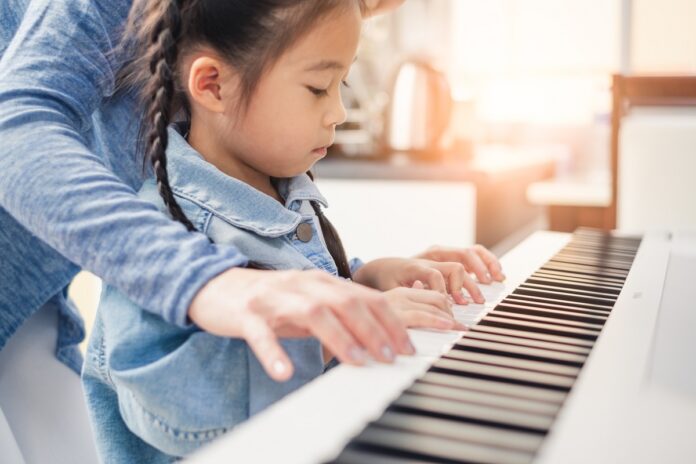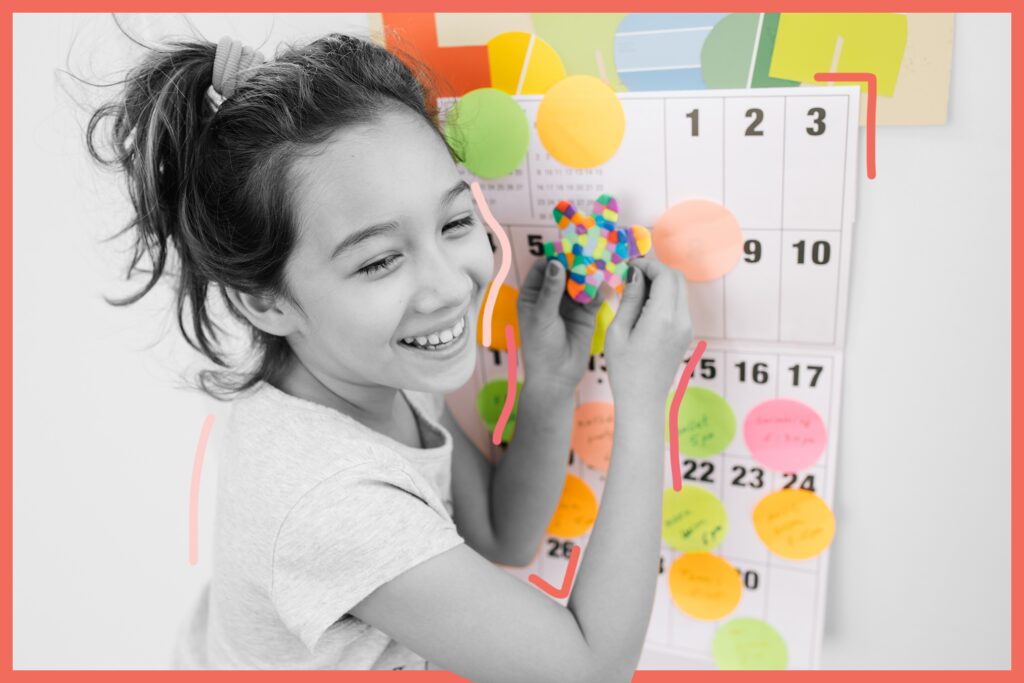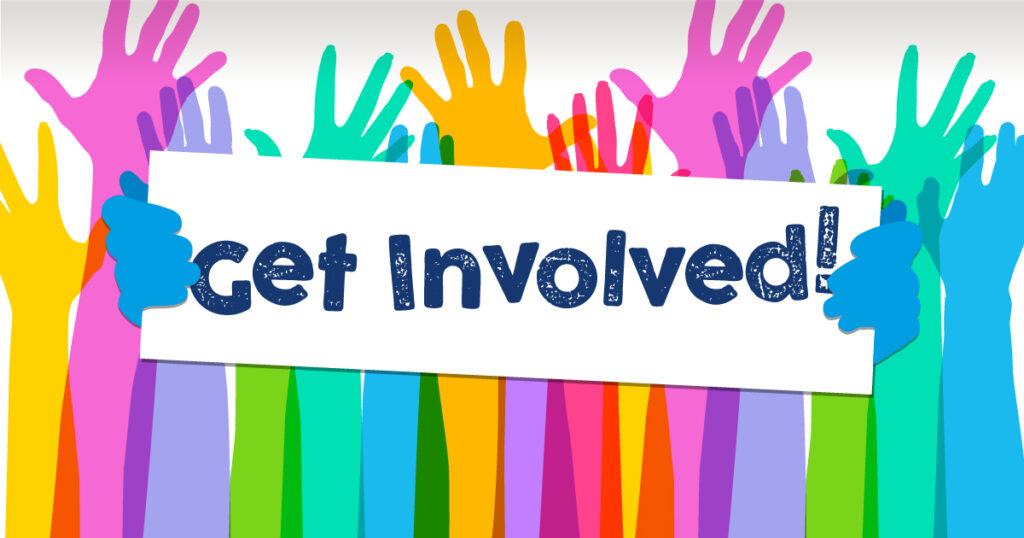
You might be surprised to know this, but children can actually start music lessons at the tender age of two. They are more explorative and receptive at this age, and you can already see them swaying to nursery rhymes and ads on TV. As they grow older, music lessons accelerate their mental and physical development, whether they are playing the drums or a xylophone.
Whether your child is two years old or ten years old, it is never too late to get them to start music lessons. The important thing to do is to choose suitable music lesson programs for them, and this article guides you on how to do so.
Choosing the Right Music Lessons for Your Child
There are dozens of musical instruments out there, each suited to children of different ages. Before you enroll your child into any music lesson program, it is important to know their interests and which musical instrument they like the most. Let’s have a look at how you can determine which music lesson program is suitable for your little one.
1. Factor In Your Child’s Convenience and Schedule

Music learning is supposed to be a fun and rewarding activity, and it shouldn’t be treated like a chore or just another subject. Otherwise, your child won’t be inspired to learn music, and they might lose interest pretty quickly. Therefore, you should factor in your child’s convenience, i.e., how much they can manage with respect to time, class duration, frequency of classes per week, etc. If you maintain a stringent schedule, your child wouldn’t want to go to class any longer.
Ideally, you shouldn’t push your child to learn music and also consider their input when developing a schedule for them. Even if they are taking one or two classes per week, it doesn’t mean that they will be left behind or learn slower than their peers. Once your child develops a keen interest and progresses in their music lessons, they will request you to increase the class frequency.
2. Determine Which Mode of Learning is Suitable for Your Child
There are various modes of learning for children in today’s world, including online and remote learning. Thanks to technology, the learning possibilities are endless. For instance, your child might be more comfortable learning in the comfort of their home with an instructor, while others might do better in a group setting in a classroom. For other children, taking online music lessons might be better as compared to physical lessons. Visit Sage Music for more information about which is best.
Therefore, you should consider what your child needs and how they will be able to learn comfortably and without any pressure. Whether your child prefers online learning or a group class, you will be able to find multiple suitable options for them.
3. Check for Age Requirements of Each Program

One of the most important things to do when choosing a music lesson program for your child is to check the age requirements for each one. Whether you find an online program or a physical one, you can check for the age suitability in the program details, which are always mentioned. For instance, if you find a physical piano learning program for children aged five and above, you can rule it out if your child is aged below five.
Another thing to remember is that even though a particular course is age-appropriate for your child, they might not have the ability or proficiency to understand everything in the program. Therefore, you need to check your child’s aptitude. You can try different methods to determine how much your child already knows about music and what they can easily learn without any pressure.
Some children can start piano lessons when they are three years old, while others cannot pick them up before they turn ten. This doesn’t mean that your child is weak or unable to learn. Rather, you should start them off with a music lesson program that suits their proficiency.
4. Determine the Purpose or End-Goal for Your Child
Another key thing you can do to choose a suitable music lesson program for your child is to determine the purpose or end goal. This means setting clear, time-intensive, and achievable milestones that your child can work towards. It is also important for you to ask your child what they would like to do. Otherwise, they will keep on practicing without any goal in sight.
Although learning and playing music is an enjoyable activity, it can also become rewarding and productive for children. Once you have the goals in mind, you can find a suitable program that helps your children achieve them.
This brings us to the end of our guide on choosing a suitable music lesson program for your child. Whatever you do, make sure to factor in your child’s interest and enthusiasm and their ability to learn a particular instrument. Rest assured, you will be able to find the right program for your child in no time at all. Check out Ted’s List if you want your child to learn the harp.
5. Get Involved

Even if you get all of the above rights, there’s still one thing that will lack for your success. It is you! A good plan can only take you so far. A child’s musical journey is a big deal. It requires you to be involved heavily. It’s not going to be a50/50 share, but you need to be a pillar that will keep the thing flowing.
So, while the lessons should be accommodating to your child’s schedule, it would be wise to take your obligations into the calculus. If your kid is young, it would be for the best that you attend the lessons. Doing this together will do wonders for their confidence. If you do this, it will be easier for them to practice at home, as you’ll have an understanding of the process, and how the end product needs to look. If your child belongs to an older group, it might not be necessary that you’re present for every lesson, but it doesn’t mean you’re off the hook. No, in these instances it is vital to be in touch, monitor their progress, and provide them with a full bill of support.
The end goal of these classes should be a success. To achieve it your child will need your full support. This includes buying instruments, paying for classes, and being there for them in any capacity necessary. If you’re not thinking like this and are on another page, it means you don’t have their success above all else. Without it, you’re setting them up for failure. Your child will do the heavy lifting, but you need to be a leader of the endeavor and the one who is there for the whole process sharing their love and enthusiasm for the music. It is not enough for only your child to have the needed attitude and to behave like someone who wants to be a professional in the field of music. No, you need to be on the same page.
Being one with them in this department is what will set you apart from all the other kids who will fail without the right presence of their parents. From a practical standpoint, your presence is required so that you know that your kid is making progress and that the lessons you are paying for are what you are satisfied with. If you’re lacking the time and willpower to see the whole ordeal through you might find yourself losing money while the young one will be wasting energy.
Bottom Line
While doing all of the above is vital for the final success, you shouldn’t forget an essential part of music – fun. It will all be a huge waste of time, money, and energy if no one is having fun while dealing with music lessons. The end product here is important but the journey shouldn’t be put aside. Be there for each other, and that way, even if you don’t achieve these set goals, at least you’ll bond together like never before.








